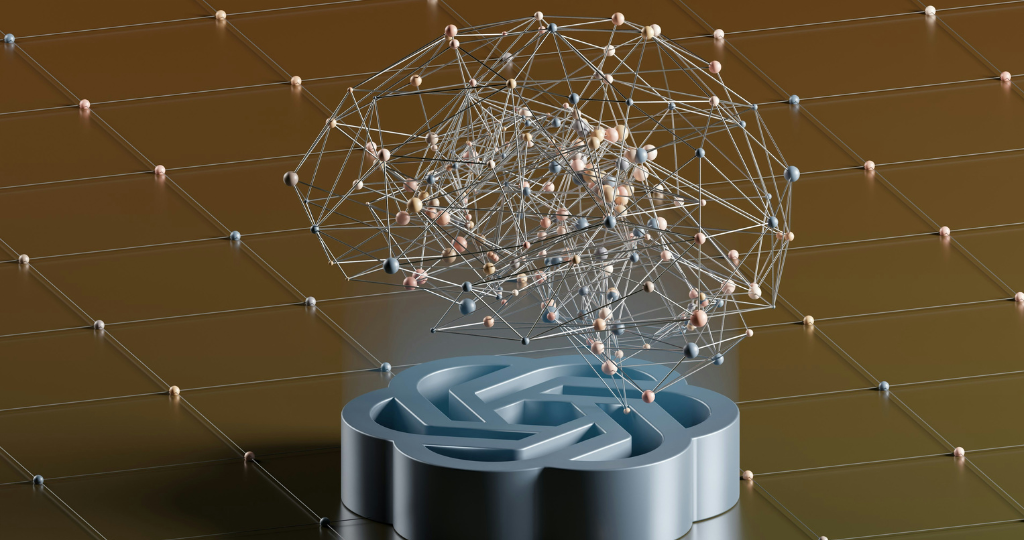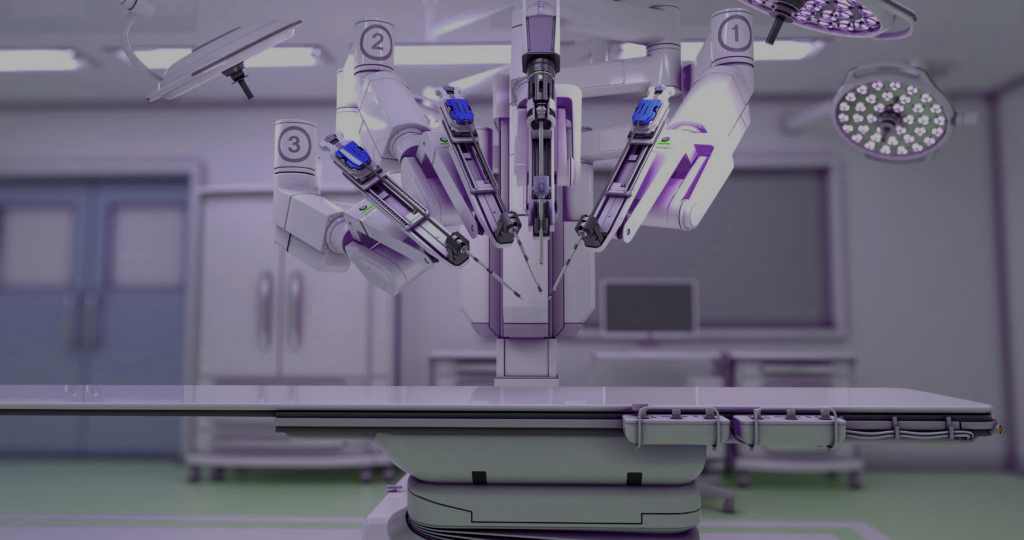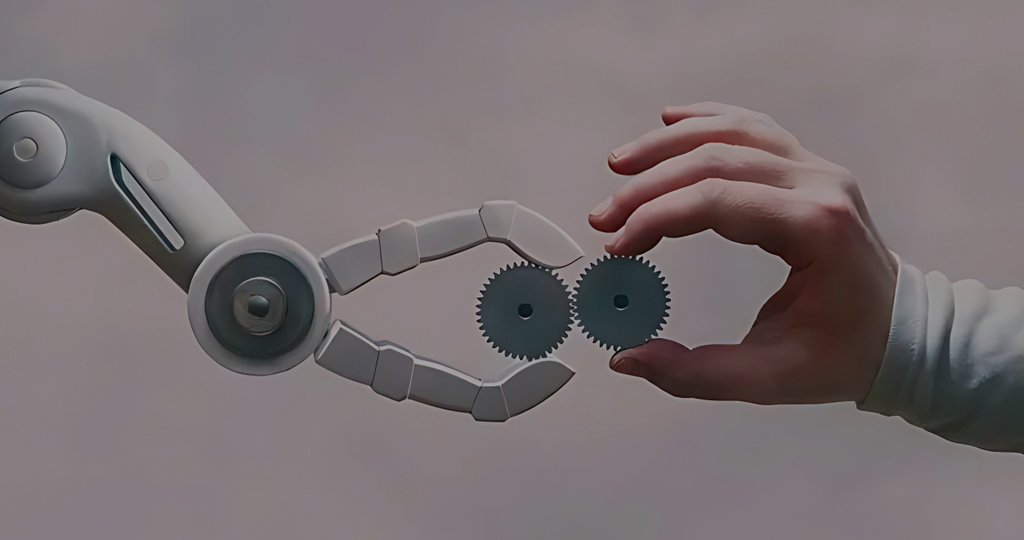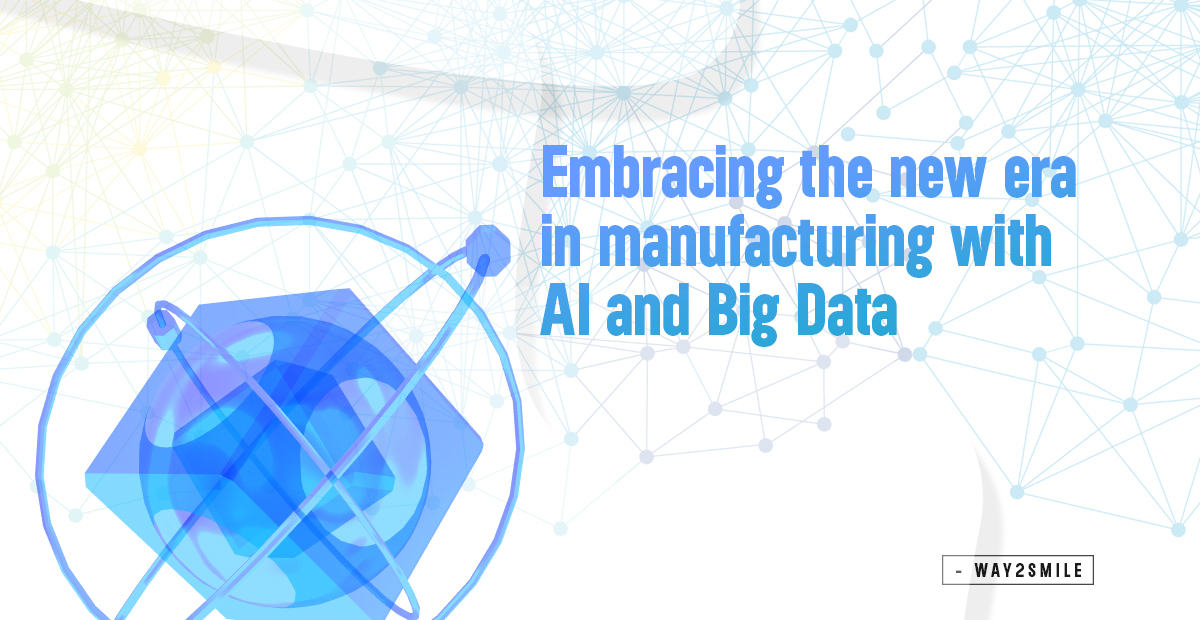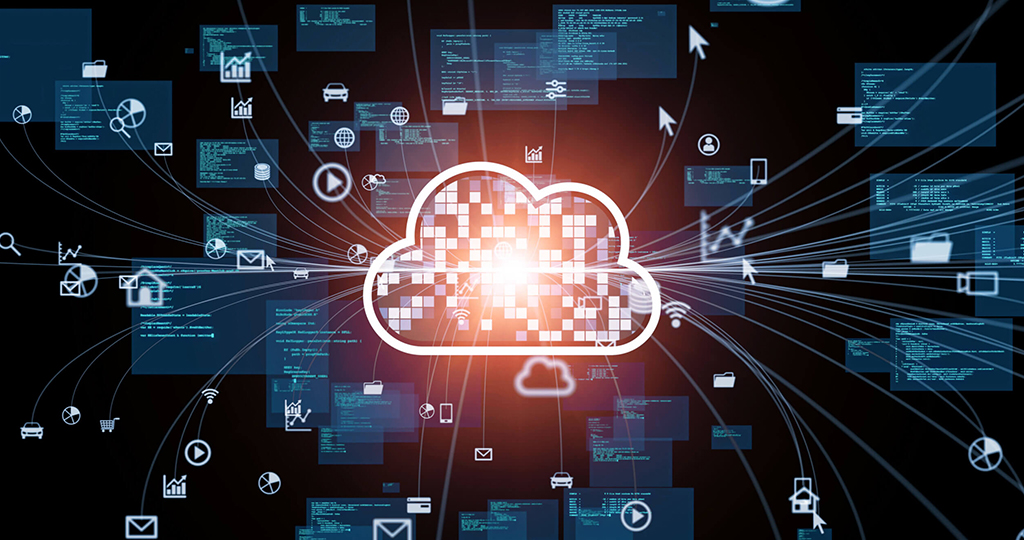For decades, science fiction has painted a picture of a future dominated by intelligent machines. Today, that future is rapidly approaching. Artificial intelligence (AI) is making incredible strides, from self-driving cars to medical diagnosis. But a key question remains: can AI truly replicate human intelligence?
This blog delves into the ongoing debate between AI and human intelligence. We'll explore the strengths and weaknesses of each, examining how AI excels at data processing and pattern recognition, while human intelligence shines in creativity, critical thinking, and social interaction.
But this isn't just about competition. We'll also discuss how AI and human intelligence can work together, creating a powerful synergy that drives innovation and progress. So, buckle up and join us as we explore the fascinating world of AI vs human intelligence!
What Is Artificial Intelligence?
Imagine machines that can learn, solve problems, and even understand what you're saying. That's the world of AI! It's a branch of computer science focused on building these brainy machines to tackle tasks that usually require human smarts. We're talking about things like learning new information, figuring out puzzles, and making sense of the world around them.
Here's the thing: there's not just one type of AI. Most of the AI we encounter today is narrow AI, sometimes called weak AI. Think of Siri suggesting music or Netflix recommending your next binge-watch. These systems are super skilled at their specific jobs, but they can't exactly become the next chess champion (yet!).
What exactly is Human Intelligence?
Human intelligence isn't some single superpower. It's more like a bunch of awesome mental skills we use to figure things out! It's how we learn new stuff, make sense of the world, and solve problems.
Think about it - things like your genes, your upbringing, your education, and all the experiences you've had all play a role in how smart you are. But the coolest part? Being smart is all about being adaptable! It's about learning new things, understanding situations, and using that knowledge to overcome challenges and make the most of life's adventures!
AI vs. Human Intelligence
Now that we have a clear understanding of what AI and human intelligence entail, let's see a comparison to see which is better. By examining key aspects we can highlight the unique strengths and limitations of each, ultimately understanding how they complement each other in various domains.
1. Processing Speed and Accuracy
AI can process vast amounts of data quickly and with high accuracy, far surpassing human capabilities. Machines can analyze complex datasets in seconds, identifying patterns and correlations that humans might miss. However, AI's accuracy depends on the quality of the data and algorithms, whereas human intuition can sometimes catch errors or nuances that machines overlook.
2. Creativity and Innovation
Human intelligence excels in creativity and innovation, generating new ideas and solutions through imagination and abstract thinking. While AI can assist in the creative process by providing data-driven insights and suggesting patterns, it lacks the innate ability to think outside the box and make intuitive leaps, which are essential for true innovation.
3. Emotional Intelligence
Humans have emotional intelligence, allowing them to comprehend, empathize, and engage effectively with others. This skill is crucial for leadership, teamwork, and social interactions. AI, on the other hand, can analyze emotional data and simulate responses but cannot genuinely understand or experience emotions, limiting its ability to fully engage in human relationships.
4. Learning and Adaptability
AI learns through data and algorithms, constantly improving its performance in specific tasks. Humans, however, learn from experience, reflection, and adaptation to new situations. This flexibility allows humans to handle novel and unpredictable challenges more effectively than AI, which may struggle outside of its programmed parameters.
5. Ethical and Moral Reasoning
Humans have the capacity for ethical and moral reasoning, making decisions based on values, principles, and societal norms. AI can follow ethical guidelines set by humans but cannot inherently understand or prioritize moral considerations. This distinction is crucial in areas requiring judgment and compassion, where human oversight ensures that ethical standards are upheld.
Why Humans and AI Will Rule the Future?
Human intuition and creativity with AI's analytical prowess and processing power, is poised to shape the future in profound ways. Here’s why humans and AI will rule the future together.
Complementary Strengths
Humans possess unique qualities such as emotional intelligence, creativity, ethical reasoning, and strategic thinking. These attributes enable us to navigate complex social interactions, generate innovative ideas, and make value-based decisions. On the other hand, AI excels in tasks that require processing vast amounts of data, identifying patterns, and performing repetitive tasks with high precision. This complementarity means that humans and AI can work together to solve problems that neither could tackle alone.
For instance, in healthcare, AI can analyze medical data to identify trends and potential health risks that might be invisible to the human eye. Meanwhile, doctors can interpret these findings, consider the patient's personal history, and make holistic treatment decisions. This combination leads to better diagnostic accuracy and personalized care, ultimately improving patient outcomes.
Enhancing Human Capabilities
AI's ability to process and analyze data at an unprecedented scale can significantly enhance human capabilities. In fields like research and development, AI can sift through enormous datasets to uncover insights that would take humans years to find. This allows researchers to focus on applying these insights creatively and strategically.
Consider the realm of scientific research. AI can accelerate the discovery of new materials, drugs, and technologies by predicting outcomes and optimizing experimental designs. Researchers can then use these AI-generated predictions to guide their experiments, speeding up the innovation process and potentially leading to breakthroughs that can address global challenges such as climate change and disease.
Automation and Efficiency
Automation, powered by AI, is transforming industries by increasing efficiency and reducing the need for human involvement in repetitive and mundane tasks. This not only boosts productivity but also frees up human workers to engage in more meaningful and fulfilling work. Jobs that require critical thinking, problem-solving, and interpersonal skills are becoming increasingly important as AI takes over routine tasks.
In manufacturing, for example, AI-driven robots can handle assembly lines, ensuring precision and consistency. Meanwhile, human workers can oversee these processes, troubleshoot issues, and focus on tasks that require dexterity and creative problem-solving. This shift not only improves the quality and efficiency of production but also enhances job satisfaction by allowing workers to engage in more intellectually stimulating activities.
AI and Job Replacement: Myth vs. Reality
Artificial intelligence (AI) might seem like a super-smart job stealer, but the reality is quite different. AI excels at data analysis and decision-making, making it a powerful tool for various industries. The role of AI and machine learning in business success is becoming increasingly evident as organizations harness these technologies to enhance efficiency and gain insights. However, human intelligence offers unique strengths in creativity, emotional intelligence, and ethical decision-making that AI currently lacks. This suggests a future of collaboration where AI complements human capabilities, not replaces them. Think of AI as a teammate, handling repetitive tasks and freeing humans to focus on what they do best, using their creativity and empathy to tackle complex problems and drive innovation.
Key Takeaways
AI and humans have complementary strengths, excelling in different areas.
AI boosts human abilities by taking over repetitive tasks.
The future lies in AI and human collaboration, not competition.
Human oversight ensures AI operates ethically and aligns with societal values.
Conclusion: The Future is a Human-AI Collaboration
The rise of AI has sparked a fascinating debate about the future of intelligence. While AI excels at processing data and completing tasks, human intelligence offers creativity, empathy, and ethical judgment. The key takeaway isn't about AI replacing humans, but about humans and AI working together. This powerful partnership will allow us to tackle complex challenges, unlock new possibilities, and shape a brighter future. Imagine AI handling repetitive tasks and freeing us to focus on innovation, human connection, and the big-picture problems that require our unique human touch. As Microsoft's CEO aptly noted in the context of the UAE's digital economy, the fusion of human potential and AI technology will be instrumental in driving progress and prosperity. The future isn't about a battle for supremacy, but a harmonious collaboration that will redefine the boundaries of what's possible. The future of intelligence isn't a battle, it's a beautiful collaboration waiting to be written.
